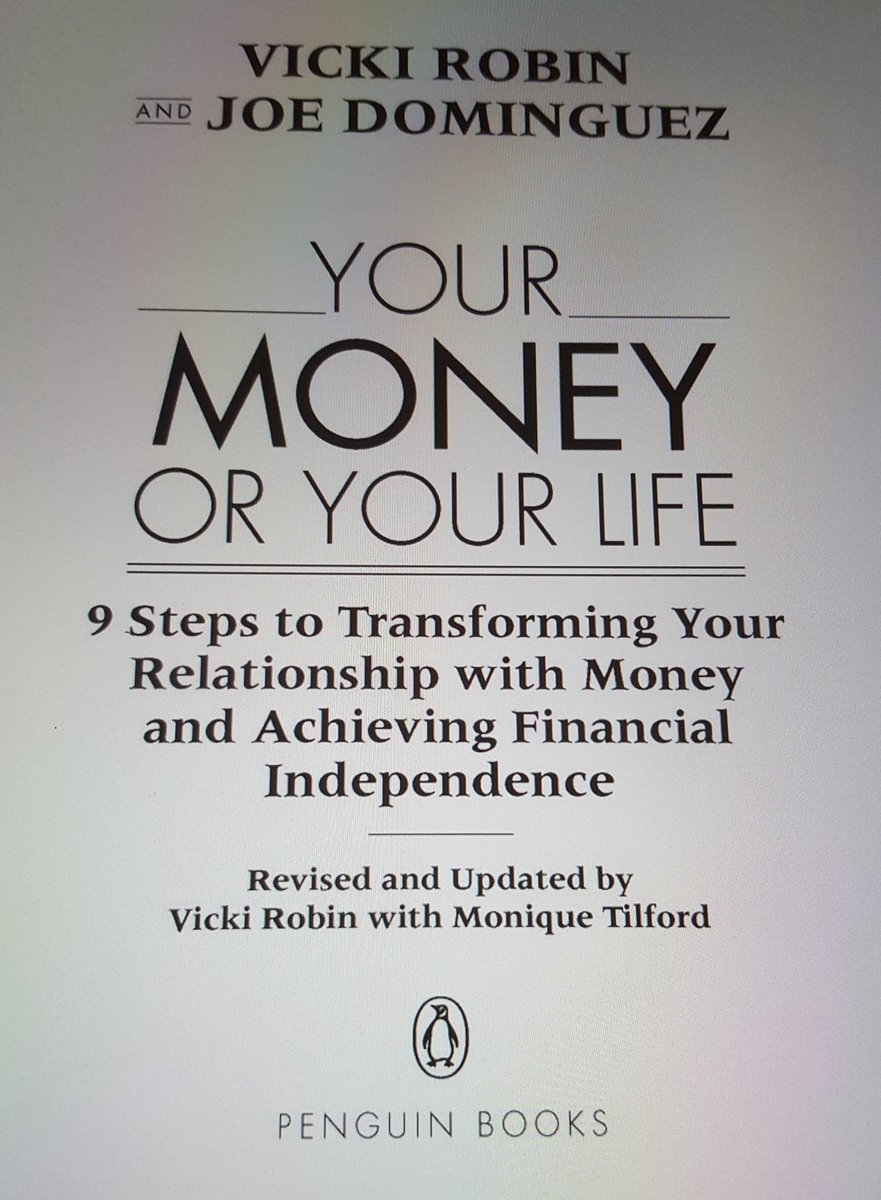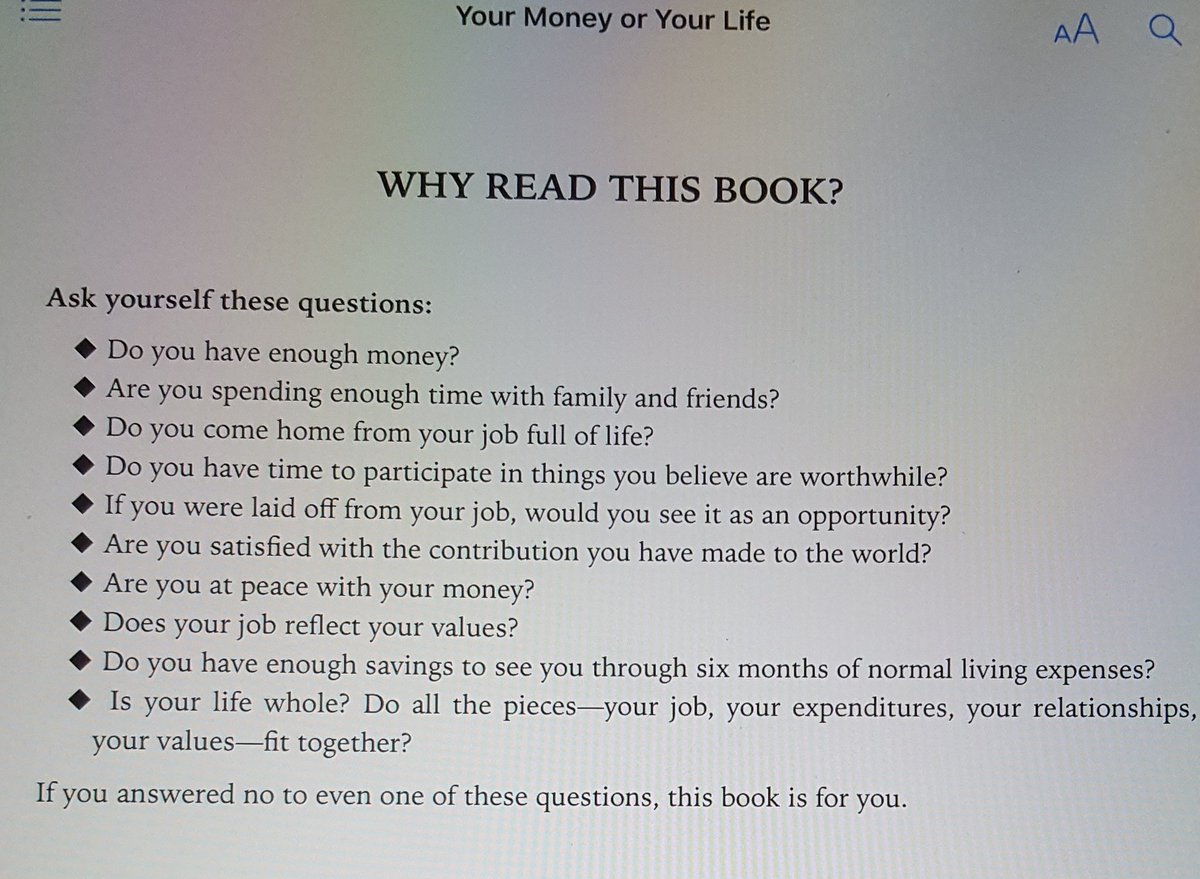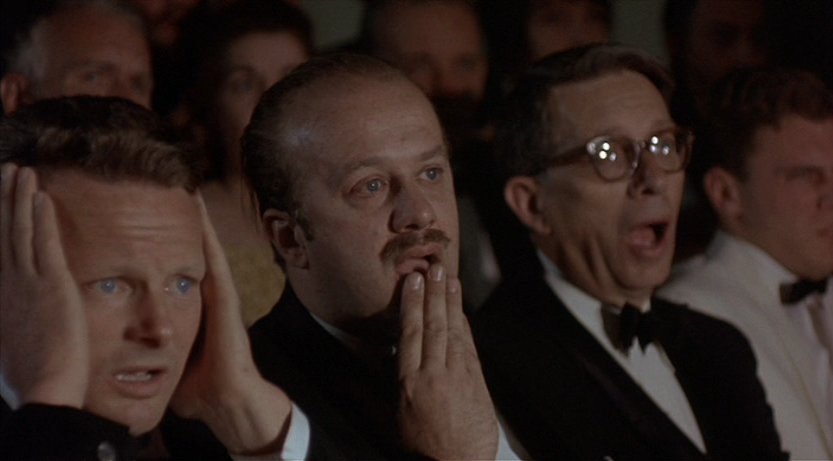

“To have savings is to be free.”
“We shift from ‘more’ to ‘enough’”
(Sad, huh.)
Financial independence isn’t about rolling in $$, but about unhooking yourself from consumer culture + the assumption that you must buy your way through life
People are increasingly unhappy
job satisfaction is down
Money in the bank is down
Debt is up
We can’t afford to quit
+ in people living in cars or on streets
We spend more than we make on more than we need
1- miserable
3- can’t complain
5- joyous
Average score was consistently between 2.6 and 2.8 – regardless of whether the person’s income was under US$1,500/mo or over US$6,000/mo
- very few felt greater happiness or had any idea what to do with the money
- many were less happy 6 months later, particularly if they left jobs that were a source of self-esteem
- many felt isolated and even turned to drugs
(One must imagine Sisyphus LOL-ing)
-9.5% of households had air conditioning
-4% had dishwashers
-<15% had >1 car
1980, Reagan ran and won on #MAGA, sense of economic suffering
-5x aircon
-8x dishwashers
-3x >1 car
People genuinely felt worse off
- growth is good
- solves poverty
- increases standard of living
- reduces unemployment
- will keep up with inflation
- relieve boredom of rich and misery of poor
- will ‘bolster the GNP, boost the Dow, beat the Japanese’
- technology will save us
- government will save us
- not my problem
- reports are probably wrong
- scientists are liars
- journalists are liars
- what can I do anyway
- anyway I’m in debt, so sorry
We project onto money the capacity to fulfil our fantasies, allay our fears, sooth our pains, send us soaring to new heights. Hope can be bought
Strange American moralizing, puritan/Protestant work ethic (idle hands do the work of the devil) tied up with industrialism and the fetishization of factory output and economic growth
Consider the role and goals of the advertising industry
"It's easier to tell our therapist about our sex life than to tell our accountant about our finances" (Really?🤔)
More marriages are wrecked by money than any other factor
Beyond enough lies clutter.
A: find out how much money you've made in your lifetime
B: find out your networth by making a balance sheet of assets and liabilities
Inventory all your stuff and get a clear picture
1. Street level: basic financial transactions – allowances, salaries, checking/savings accts, mortgages, deductibles, riders, premiums. Credit cards, retirement planning. Wills. Stocks and bonds.
Innocent (ostrich)
Victim (blame others)
Warrior (hustler)
Martyr (protect others, neglect self)
Fool (gambler)
Artist (starving variety)
Tyrant (controlling)
Magician (best of all worlds)
Money is something we choose to trade our life energy for. Time and resources and psychological-emotional bandwidth.













